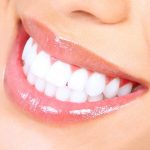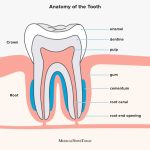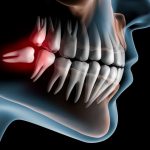Say Goodbye to Teeth Ache When Sick: Effective Remedies and Precautions

A toothache is an excruciating pain in the teeth or gums that can range from mild to severe. It is a common problem that can be caused by a variety of factors, including tooth decay, gum disease, abscesses, and sinusitis. When you are already feeling unwell, dealing with a toothache can be particularly difficult. The pain and discomfort can be overwhelming, making it hard to focus on anything else. Fortunately, there are many effective remedies and precautions that you can take to alleviate toothache when you are sick. One of the best remedies for toothache when you are sick is to use over-the-counter pain relievers. These medications can help to reduce inflammation and ease the pain in your teeth and gums. Ibuprofen and acetaminophen are two of the most widely used pain relievers for toothache. You should always follow the instructions on the label carefully and avoid taking more than the recommended dose. Additionally, you can try natural remedies such as clove oil, saltwater rinse, or garlic to get relief. In this article, we will explore some of the most effective remedies and precautions for toothache when you are sick, so you can get back to feeling your best as quickly as possible.
When we fall sick, we often experience a range of uncomfortable symptoms, including a toothache. Teeth aches when sick are common, and they can be caused by a variety of factors. One reason is that when we are sick, our body’s immune system is under stress, which can lead to inflammation in the sinuses. This inflammation can put pressure on the teeth, causing them to ache. Additionally, some medications that we take when we are sick, such as antibiotics, can cause dry mouth. When our mouth is dry, the lack of saliva can lead to tooth decay and plaque buildup, which can also cause toothaches. It is essential to take precautions and remedies for teeth aches when sick to prevent further damage.
Addressing the issue of teeth ache when sick is of utmost importance since it can cause immense discomfort and pain to the individual. It can also hinder their ability to eat, sleep, and perform daily activities. Ignoring this issue can lead to further complications and infections, which can be detrimental to one’s overall health. Therefore, it is crucial to take effective remedies and precautions to alleviate the pain and discomfort associated with teeth ache when sick. By addressing this issue, individuals can ensure a speedy recovery and maintain optimal oral health.
Causes of Teeth Ache When Sick
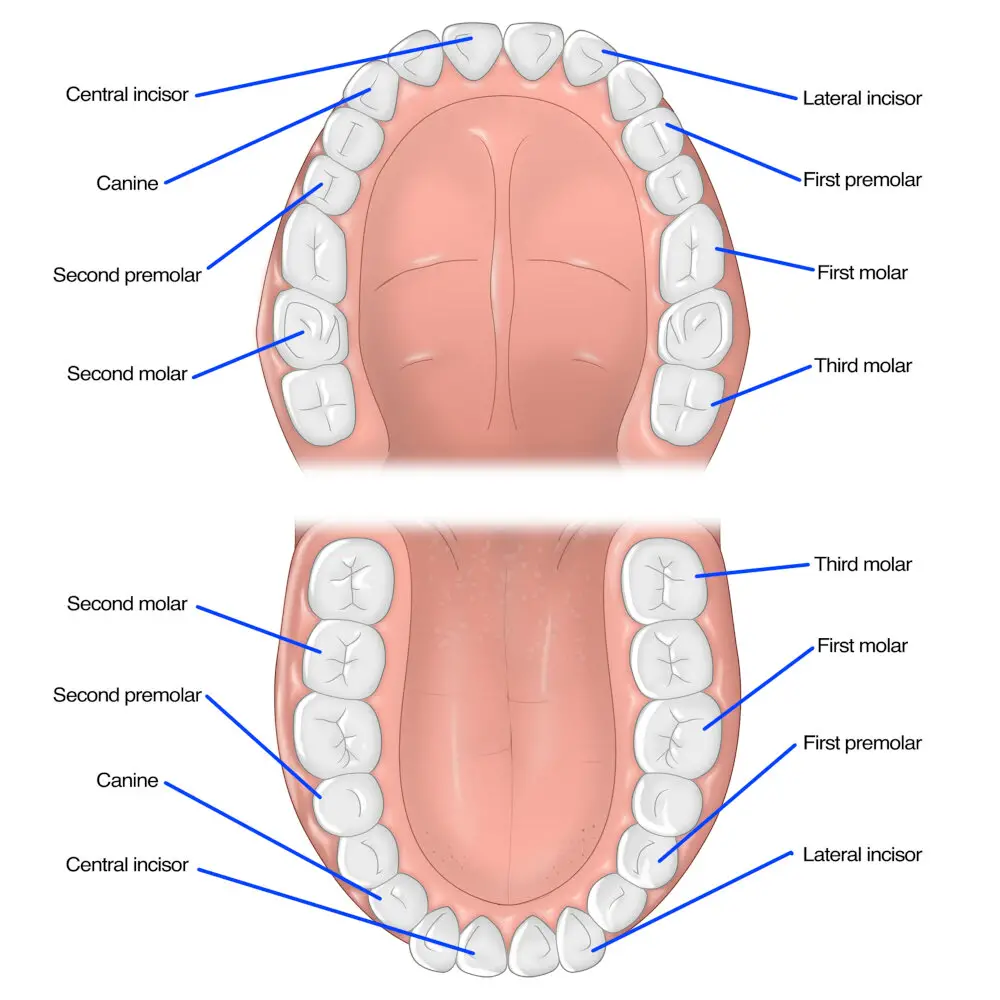
Teeth ache is a common problem that many people experience when they are sick. There are various causes of teeth ache when sick, and the most common one is sinusitis. If you are suffering from a cold, flu, or any other respiratory illness, your sinuses may become inflamed. This inflammation can lead to pressure in your sinuses, which can cause pain in your teeth. Sinusitis can also cause a runny nose, sneezing, and a headache. If you are experiencing any of these symptoms along with teeth ache, it is likely that you have sinusitis. Another cause of teeth ache when sick is tooth decay. When you are sick, your immune system is weakened, which makes it easier for bacteria to attack your teeth. If you have a cavity or other dental problem, bacteria can quickly spread and cause pain in your teeth. This is why it is important to practice good oral hygiene and visit your dentist regularly. If you are experiencing teeth ache when sick, it is important to determine the underlying cause so that you can receive proper treatment. By following effective remedies and precautions, you can say goodbye to teeth ache when sick and feel better in no time.
When we are sick, our teeth may be affected in various ways. For instance, a cold or flu can lead to dehydration, which can cause dry mouth, and consequently, tooth decay. Additionally, when we are sick, we tend to consume sugary and acidic foods and drinks to soothe our sore throats or to comfort ourselves. These substances can erode the enamel of our teeth, leading to cavities and sensitivity. Moreover, some medications that we take during our illness can have side effects on our oral health, such as reducing saliva production, causing gum inflammation, or discoloring our teeth. Therefore, it is crucial to take care of our teeth and maintain our oral hygiene, especially when we are sick, to prevent further complications and alleviate any discomfort.
Toothache can be caused by various illnesses, including sinusitis, colds, flu, and ear infections. Sinusitis occurs when the sinuses become inflamed, causing pain and pressure in the face and teeth. This pain can be felt in the upper teeth, as they are close to the sinuses. Colds and flu can also cause tooth pain, as they can lead to inflammation of the nasal passages and sinuses. Ear infections can also cause tooth pain, as the nerves that supply the teeth run close to the ears. In some cases, tooth pain may be a symptom of a more serious medical condition, such as a heart attack or angina. It is important to seek medical attention if you experience severe or persistent tooth pain.
Effective Remedies for Teeth Ache When Sick
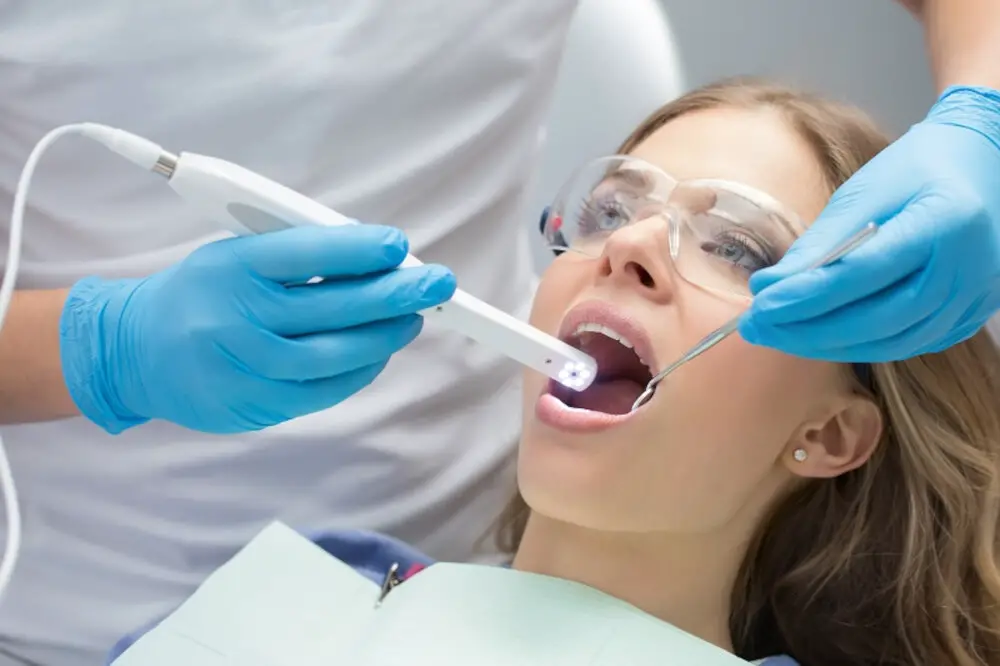
When you’re feeling sick, the last thing you want to deal with is a painful toothache. Unfortunately, illness and dental pain often go hand in hand. Luckily, there are several effective remedies that can help ease the discomfort until you’re feeling better. One of the most straightforward options is to take over-the-counter pain medication. Ibuprofen and acetaminophen are both excellent choices for relieving dental pain. Just be sure to follow the recommended dosage instructions carefully, and never exceed the maximum dose. Another effective remedy for toothache when sick is to apply a cold compress to the affected area. This can help reduce inflammation and numb the pain. Simply wrap a bag of ice or a cold pack in a towel and hold it against your cheek for 15-20 minutes at a time. You can repeat this process as often as needed throughout the day. Additionally, rinsing your mouth with warm salt water can also provide some relief. The salt helps to reduce inflammation and kill bacteria that may be contributing to the pain. Just mix a teaspoon of salt into a cup of warm water and swish it around your mouth for a minute or two before spitting it out.
Home remedies have been a popular choice for centuries to alleviate a variety of health issues, including toothaches. Two such remedies that have gained popularity are salt water rinse and garlic paste. Salt water rinse is a simple yet effective solution that involves mixing salt in warm water and swishing the solution around the mouth for a few minutes. This helps to reduce inflammation and kill bacteria, providing relief from toothache. Garlic paste, on the other hand, has antibacterial and analgesic properties that help to reduce pain and swelling. Applying a small amount of garlic paste directly to the affected tooth can provide quick relief. While these home remedies can provide temporary relief, it is important to seek professional dental care if the pain persists or worsens.
Over-the-counter pain relief options can be a quick and accessible solution for those experiencing toothache while sick. Nonsteroidal anti-inflammatory drugs (NSAIDs) such as ibuprofen and aspirin can help reduce inflammation and alleviate pain. Acetaminophen, on the other hand, is a pain reliever that doesn’t have anti-inflammatory properties. It’s important to read the labels and follow the recommended dosage to avoid any potential side effects. Topical numbing gels can also provide temporary relief by numbing the affected area. However, it’s important to note that while over-the-counter options can provide temporary relief, they don’t address the root cause of the toothache and it’s important to see a dentist if the pain persists.
When experiencing teeth ache due to sickness, prescription medications can be a viable option to alleviate the pain and discomfort. Over-the-counter pain relievers, such as ibuprofen and acetaminophen, can provide temporary relief, but stronger medications may be necessary for severe pain. Antibiotics may also be prescribed if the toothache is caused by an infection. However, it is important to always follow the dosage instructions and consult with a healthcare professional before taking any medication. Additionally, it is crucial to address the underlying cause of the toothache, such as dental decay or gum disease, to prevent further complications.
Precautions to Take When Experiencing Teeth Ache When Sick

When experiencing teeth ache while being sick, it is essential to take precautions to prevent further damage to your teeth and gums. One of the most important precautions is to avoid consuming sugary or acidic foods and drinks as they can worsen the pain and cause tooth decay. Instead, opt for a soft diet that is easy to chew and swallow. This can include foods like soup, mashed potatoes, or applesauce. Additionally, it is important to maintain good oral hygiene by brushing and flossing gently twice a day. This not only helps to relieve pain but also prevents the build-up of harmful bacteria that can lead to further dental problems. Another precaution to take when experiencing teeth ache while being sick is to avoid self-medicating with painkillers. While painkillers may provide temporary relief, they can also mask the underlying problem and cause further damage to your teeth. Instead, it is important to consult a dentist as soon as possible to determine the root cause of the pain and receive appropriate treatment. Additionally, it is important to stay hydrated by drinking plenty of water and avoiding sugary or caffeinated beverages. This not only helps to relieve pain but also promotes overall health and wellbeing. By taking these precautions, you can effectively manage teeth ache when sick and maintain good dental health.
Proper dental hygiene practices are essential in maintaining oral health and preventing toothaches. Brushing twice a day with fluoride toothpaste and flossing daily can remove plaque and food particles that can lead to tooth decay and gum disease. Rinsing with an antiseptic mouthwash can also kill bacteria and freshen breath. It is also important to visit the dentist regularly for check-ups and cleanings, as they can detect and treat any potential problems early on. Additionally, avoiding sugary and acidic foods and beverages can help prevent cavities and enamel erosion. By practicing good dental hygiene habits, you can keep your teeth and gums healthy and free from pain and discomfort.
When you are sick, it is important to avoid certain foods and drinks to prevent toothaches. Sugary and acidic foods, such as candy, soda, and citrus fruits, can weaken the enamel on your teeth and make them more susceptible to decay. Additionally, hot and cold beverages, such as coffee and ice water, can cause sensitivity and pain in your teeth. Instead, opt for softer foods like soup and mashed potatoes, and drink room temperature water to avoid any discomfort. By avoiding these harmful foods and drinks, you can prevent further damage to your teeth and alleviate any toothaches that may be causing you pain.
Seeking professional dental care is crucial to ensure optimal oral health and prevent the recurrence of toothache. Regular dental checkups allow the dentist to identify and treat any underlying dental issues before they worsen. Neglecting dental problems can lead to severe pain, discomfort, and even tooth loss. Moreover, professional dental care offers effective remedies and preventative measures to alleviate toothache caused by illnesses. Dentists may recommend dental fillings, root canal therapy, or other treatments to relieve toothache and prevent further damage to the teeth and gums. Therefore, it is essential to prioritize dental care and seek professional help promptly to maintain healthy teeth and gums.
In conclusion, toothaches when sick can be extremely uncomfortable and painful, but there are various remedies and precautions that can be taken to alleviate the discomfort. Keeping good oral hygiene, avoiding sugary and acidic foods, and gargling with salt water are all effective preventative measures. Additionally, over-the-counter pain relievers, clove oil, and ice packs can be used to relieve pain and inflammation. It is important to remember that toothaches can also be a symptom of a more serious underlying condition, so it is crucial to consult a dentist if the pain persists or is accompanied by other symptoms. With proper care and attention, toothaches when sick can be managed and prevented.
When it comes to dental health, seeking professional dental care is crucial. Regular dental check-ups can help diagnose and treat any dental problems early on, preventing them from turning into more serious and painful issues. Dental professionals possess the knowledge, skills, and tools required to properly examine your teeth and gums, identify any problems, and provide effective treatment. Professional dental care can also help you maintain good oral hygiene practices, which can improve your overall health. By neglecting your dental health, you run the risk of developing serious dental problems that can cause pain, discomfort, and even tooth loss. So, it’s important to prioritize your dental health and seek professional dental care when necessary.
When we’re sick, it’s natural to prioritize our immediate health concerns over our dental health. However, neglecting our teeth and gums during illness can lead to further complications and discomfort. It’s important to remember that maintaining good oral hygiene can actually improve overall health and aid in recovery. Simple measures like brushing and flossing regularly, staying hydrated, and avoiding sugary or acidic foods can help prevent tooth decay and gum disease, which can exacerbate the pain and discomfort of illness. So, even when feeling under the weather, taking a few extra minutes each day to care for our teeth can pay off in the long run.
Conclusion
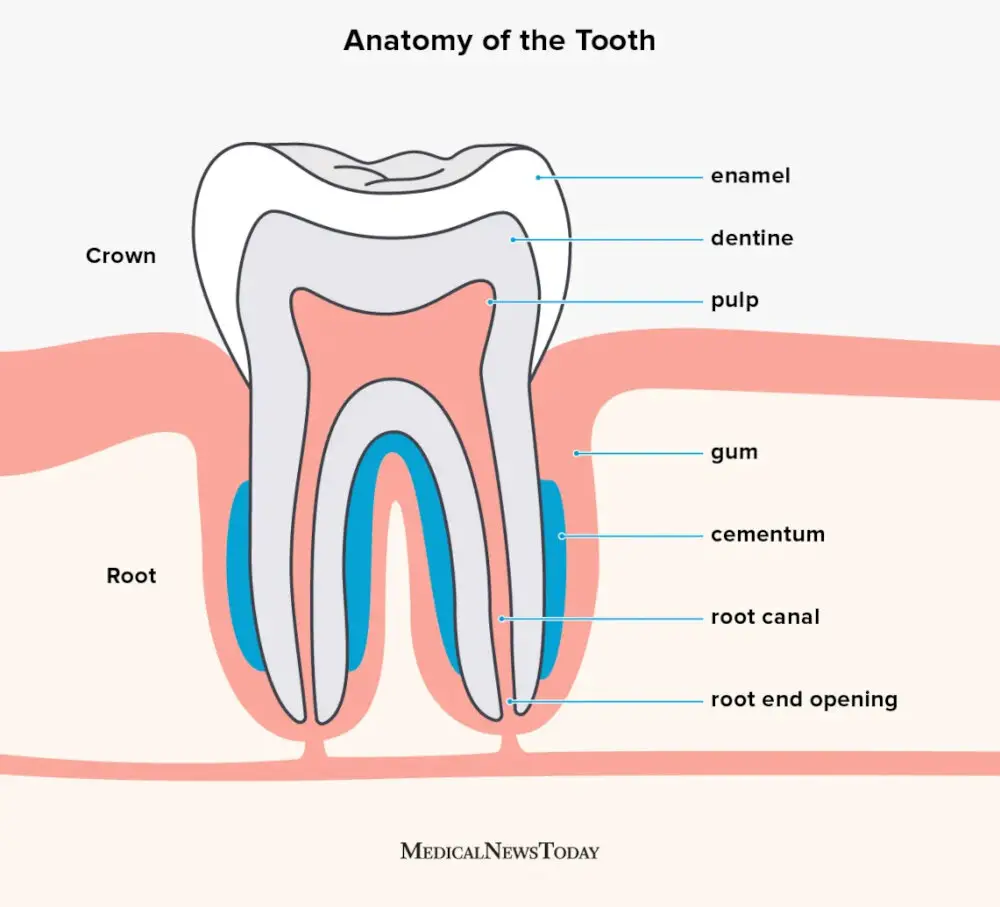
In conclusion, experiencing toothache during sickness can be a frustrating and painful experience. However, there are effective remedies and precautions that one can take to alleviate the discomfort and prevent further damage. From maintaining good oral hygiene to avoiding sugary and acidic foods, there are several ways to keep toothache at bay. Additionally, natural remedies such as saltwater rinses and clove oil can provide quick relief. It is essential to prioritize dental health and seek professional help if the pain persists. By following these tips, one can say goodbye to teeth ache when sick and focus on recovering from their illness without added discomfort.


